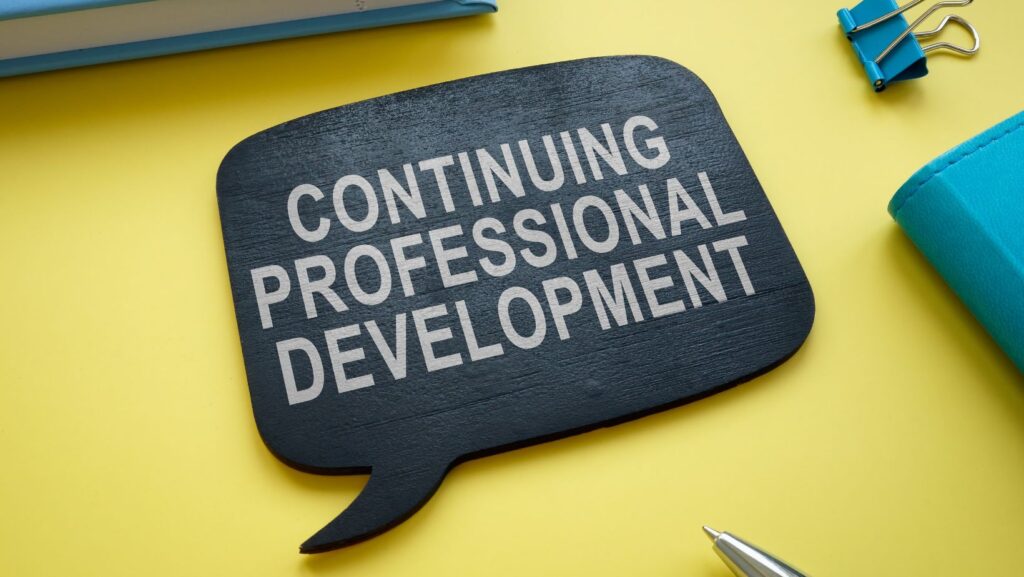Corporate mentoring programs have emerged as one of the most effective tools for talent development, knowledge transfer, and employee retention. Organizations implementing well-structured mentoring initiatives report improved employee engagement, accelerated leadership development, and stronger organizational culture. However, launching a successful corporate mentoring program requires careful planning, clear objectives, and systematic execution to ensure meaningful outcomes for both participants and the organization.
Establishing Clear Program Objectives
The foundation of any successful corporate mentoring program lies in defining specific, measurable objectives aligned with broader organizational goals. Companies must articulate whether their primary focus involves leadership development, skill transfer, diversity and inclusion initiatives, or employee retention. These objectives shape every subsequent program decision, from participant selection criteria to success metrics.
Common program goals include developing high-potential employees for leadership roles, facilitating knowledge transfer from experienced workers approaching retirement, supporting underrepresented groups in career advancement, or enhancing employee engagement across departments. Clear objectives also help secure executive buy-in and necessary resource allocation for program success.
Securing Leadership Support and Resources
Executive sponsorship proves critical for corporate mentoring program success. Leadership commitment extends beyond initial approval to include ongoing support, resource allocation, and visible participation. When senior executives actively participate as mentors or champions, it signals organizational priority and encourages broader employee engagement.
Resource requirements typically include dedicated program coordination, technology platforms for matching and tracking, training materials, and time allocation for participants. Organizations should budget for both initial setup costs and ongoing maintenance expenses, including program evaluation and continuous improvement efforts.
Designing Program Structure and Framework
Successful mentoring programs require clear structure while maintaining flexibility for individual relationship needs. Organizations must decide between formal or informal approaches, duration of mentoring relationships, meeting frequency expectations, and communication guidelines. Most effective programs combine structure with adaptability, providing frameworks while allowing relationships to develop organically within established parameters.
The program structure should address participant matching processes, goal-setting requirements, progress tracking mechanisms, and support resources. Many organizations implement cohort-based programs where groups of mentor-mentee pairs begin simultaneously, creating community and shared learning opportunities.
Developing Effective Matching Strategies
The success of mentoring relationships often hinges on effective participant matching. Organizations can employ various approaches, from algorithm-based matching using skills and personality assessments to self-selection processes where participants choose their own partners. The most effective programs typically combine multiple matching criteria including career goals, expertise areas, communication styles, and personal interests.
Geographic considerations increasingly matter as remote work becomes prevalent. Programs must decide whether to prioritize in-person relationships, embrace virtual mentoring, or offer hybrid options. Each approach presents unique advantages and challenges that require careful consideration during program design.
Creating Comprehensive Training Programs
Both mentors and mentees benefit from structured training that establishes expectations, develops necessary skills, and provides practical tools for successful relationships. Mentor training typically covers active listening, effective questioning techniques, goal setting, and feedback delivery. Mentee training focuses on relationship initiation, goal articulation, receptiveness to feedback, and professional relationship management.
Training should also address potential challenges such as communication difficulties, goal misalignment, or relationship conflicts. Providing participants with problem-solving strategies and escalation procedures prevents minor issues from derailing valuable mentoring relationships.
Implementing Technology Solutions
Modern corporate mentoring programs benefit significantly from technology platforms that facilitate matching, communication, progress tracking, and program administration. These tools streamline administrative burdens while providing valuable data for program evaluation and improvement, and securing a free enterprise mentorship platform demo isn’t as daunting as it may sound.
Technology solutions should support various communication preferences, from in-person meeting scheduling to virtual collaboration tools. Many platforms also offer resource libraries, goal-setting templates, and progress tracking capabilities that enhance relationship effectiveness.
Establishing Measurement and Evaluation Systems
Successful corporate mentoring programs require robust measurement systems that track both quantitative and qualitative outcomes. Key performance indicators might include participant satisfaction scores, goal achievement rates, promotion rates among mentees, retention statistics, and engagement survey results.
Regular program evaluation enables continuous improvement and demonstrates return on investment to organizational stakeholders. Feedback collection should occur throughout the program lifecycle, not just at completion, allowing for real-time adjustments and support.
Managing Program Launch and Communication
Effective program launch requires comprehensive communication strategies that generate enthusiasm while setting realistic expectations. Organizations should leverage multiple communication channels including executive messages, department presentations, and peer testimonials to build awareness and participation.

The launch process should include application procedures, selection criteria communication, and timeline establishment. Creating excitement around program participation while maintaining selectivity often enhances perceived program value and participant commitment.
Ensuring Long-term Sustainability
Sustainable corporate mentoring programs require ongoing attention, resource allocation, and evolution based on changing organizational needs. Regular program reviews, participant feedback integration, and alignment with business strategy changes ensure continued relevance and effectiveness.
Organizations should plan for program expansion, modification, or integration with other development initiatives as the program matures. Building mentoring into organizational culture rather than treating it as a standalone program enhances long-term sustainability and impact.
Successful corporate mentoring programs represent significant investments in human capital development that yield substantial returns through enhanced employee capabilities, satisfaction, and organizational performance when properly implemented and maintained.



